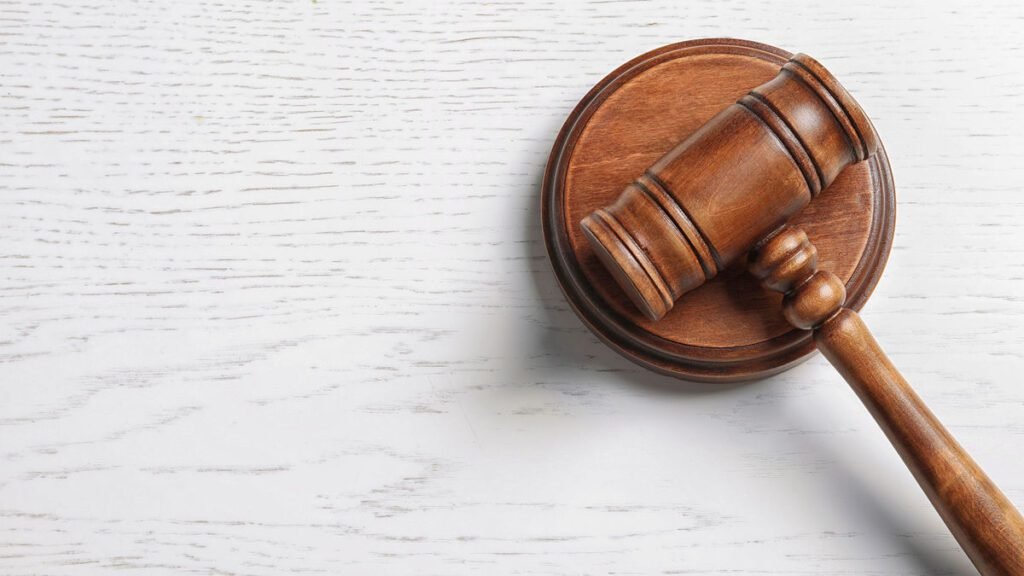A group of seven individuals has launched a class action lawsuit against President Donald Trump. The suit aims to challenge his administration’s policy barring changes to gender markers on passports and the introduction of the “X” marker for nonbinary individuals.
The defendants in this case include Trump in his official capacity as president, the U.S. State Department, and Secretary of State Marco Rubio. The lawsuit has been filed in the U.S. District Court in Boston.
According to Trump’s recent executive order, all government-issued identification, including passports, must conform to a set definition of sex: “an individual’s immutable biological classification as either male or female,” asserting that this determination occurs “at conception.”
Impact of Executive Order on Transgender Rights
Shortly after the issuance of the executive order, reports emerged indicating that the State Department began holding and rejecting passport applications from transgender, intersex, and nonbinary individuals. The American Civil Liberties Union (ACLU) noted that some applicants received passports reflecting the gender assigned to them at birth, an action that many consider discriminatory.
Concerns Raised by Affected Individuals
The ACLU has reported receiving inquiries from over 1,500 transgender individuals and their families expressing concerns about obtaining passports that accurately reflect their identities. This widespread unease underscores the significant repercussions of the administration’s policy.
Legal Arguments in the Lawsuit
This latest lawsuit, spearheaded by the ACLU, the ACLU of Massachusetts, and the law firm Covington & Burling, criticizes the Trump administration’s policy as “abrupt, discriminatory and dangerous.” The plaintiffs argue that the policy infringes upon the First Amendment rights and violates the Administrative Procedure Act. Additionally, it stands against the rights of transgender, intersex, and nonbinary individuals as stated in the U.S. Constitution’s Due Process and Equal Protection Clauses.
“The plaintiffs in this case have had their lives disrupted by a chaotic policy clearly motivated by animus that serves zero public interest,” stated Sruti Swaminathan, a staff attorney for the ACLU’s LGBTQ & HIV Project. She emphasized that clients require accurate documentation for work, education, and family commitments.
Privacy and Personal Identity Violated
Swaminathan continued, “Forcing them to carry documents that directly contradict their self-identity or withholding those documents altogether is a blatant violation of their privacy and a denial of their freedom to be themselves.” The lawsuit seeks to bring attention to the far-reaching consequences of policies that do not respect individual identity.
This legal challenge marks a significant moment in the ongoing struggle for transgender rights, highlighting the intersection of law and personal identity in contemporary society. As the case unfolds, it promises to draw attention to broader issues surrounding gender recognition and civil rights.



